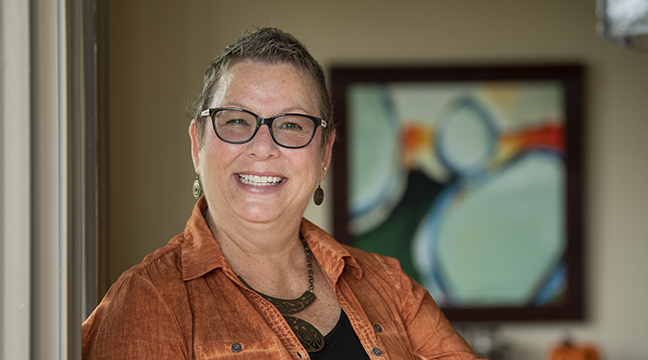
Your Specialists in Personalized Breast Cancer Care.
When it comes to breast cancer, you need a tailored treatment plan to meet your particular needs. Breast cancer type, stage, tumor location and personal preferences are among the factors we consider when developing your personalized treatment plan.


